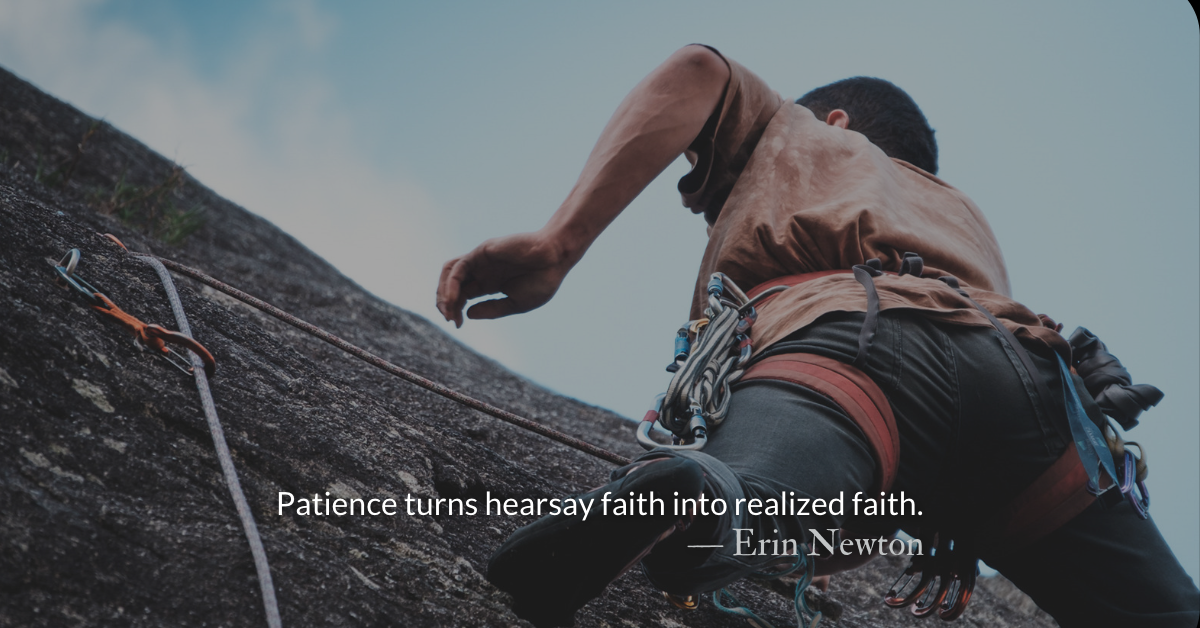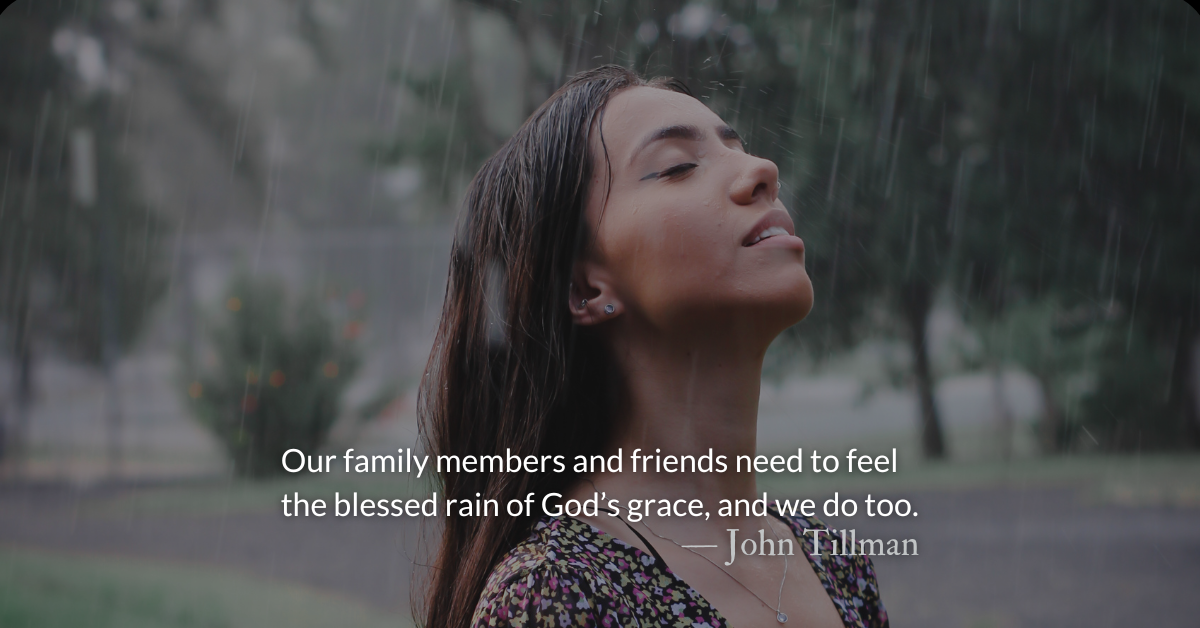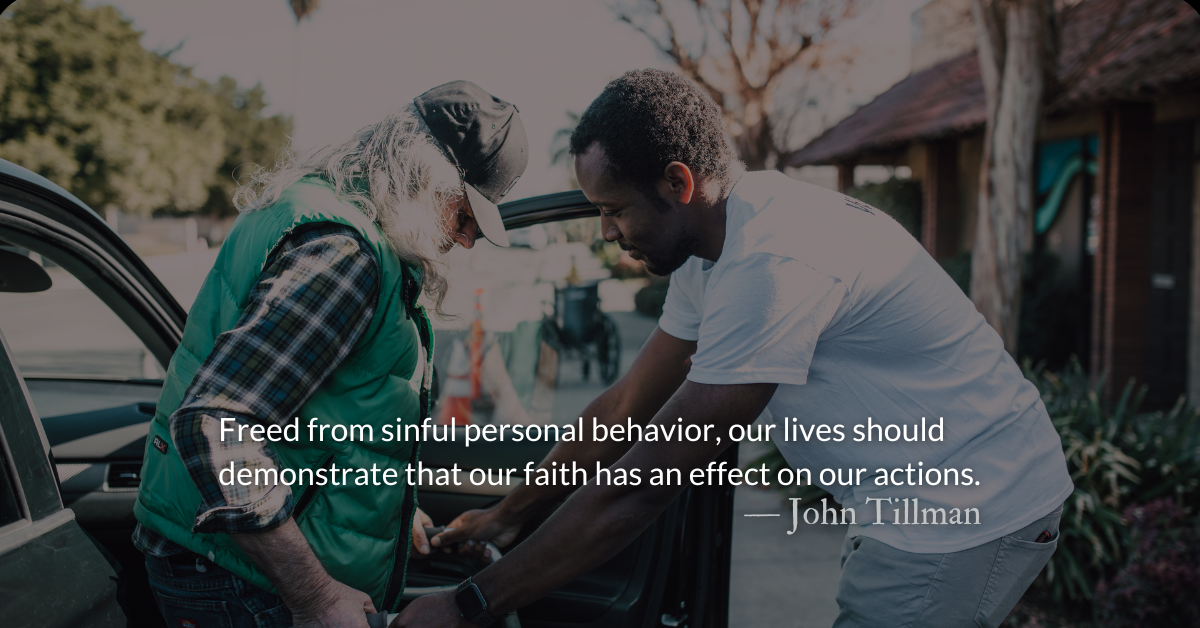Scripture Focus: Hosea 12.6-9
6 But you must return to your God;
maintain love and justice,
and wait for your God always.
7 The merchant uses dishonest scales
and loves to defraud.
8 Ephraim boasts,
“I am very rich; I have become wealthy.
With all my wealth they will not find in me
any iniquity or sin.”
9 “I have been the Lord your God
ever since you came out of Egypt;
I will make you live in tents again,
as in the days of your appointed festivals.
James 2.1
1 My brothers and sisters, believers in our glorious Lord Jesus Christ must not show favoritism.
Psalm 82.2-4
2 “How long will you defend the unjust
and show partiality to the wicked?
3 Defend the weak and the fatherless;
uphold the cause of the poor and the oppressed.
4 Rescue the weak and the needy;
deliver them from the hand of the wicked.
Reflection: Maintain Love and Justice
By John Tillman
Ephraim was another name for the people of Israel in Hosea’s time. They saw wealth as a shield, protecting them from being found guilty. They were correct. Wealth is a double shield.
The first shield is human assumptions about wealth. The prosperity gospel assumes that faithfulness and financial blessings are linked, but Christians didn’t create this idea. Human cultures have always considered wealth and power markers of divine favor even when they had no god other than greed and success. This skews the assumption of innocence in favor of the wealthy. From street cops to the Supreme Court, the benefit of wealth grants the benefit of the doubt in the eyes of the law.
Charles Spurgeon, discussing Psalm 82, challenged the magistrates of his day to enforce the law equally: “Do not hunt down the peasant for gathering a few sticks, and allow the gentlemanly swindler to break through the meshes of the law.”
The second part of wealth’s shield is that, whether innocent or guilty, the wealthy have great resources to defend themselves in legal matters. Some people and businesses are willing to pay millions to armies of lawyers to prevent paying compensation to even one victim of their carelessness, incompetence, negligence, or criminality. The cash they can spare. What they value is the illusion of righteousness.
It is not just modern people who notice one justice system for the poor and another for the rich. Hosea saw and condemned it. Ephraim saw and abused it. In their days, James (James 2.1-9; 5.1-6) and Charles Spurgeon saw and spoke against it. But more importantly, God saw then and sees now.
Ephraim expected to continue living in lavish luxury, protected by the shield of wealth—but God saw. God promised to return them to living in tents as wanderers and exiles—and God did.
Let us pray that God would bring justice in our day to people, rich or poor, according to their ways and deeds. May God himself expose those who assume justice cannot penetrate their defenses. May we examine our own hearts and maintain love and justice. (Hosea 12.6)
Let us challenge those who swing the state’s sword of justice rashly and wildly at the poor, yet cautiously hesitate to prosecute claims against the powerful, prominent, and wealthy. Let us advocate for our legal system to live up to its written ideals of equal justice under the law.
We must. For God sees.
Divine Hours Prayer: The Refrain for the Morning Lessons
My eyes are upon the faithful in the land, that they may dwell with me. — Psalm 101.6
– From The Divine Hours: Prayers for Summertime by Phyllis Tickle.
Today’s Readings
Hosea 12 (Listen 1:51)
Matthew 15 (Listen 4:23)
Read more about A Way Back for Strivers
As Israel lied, deceived, and cheated his relatives
We have lied, deceived, and cheated our brothers and sisters.
Read more about Distrust of God and Fraud
It is the unbelief and contempt of heaven, which make men risk it for the poor commodities of this world.











